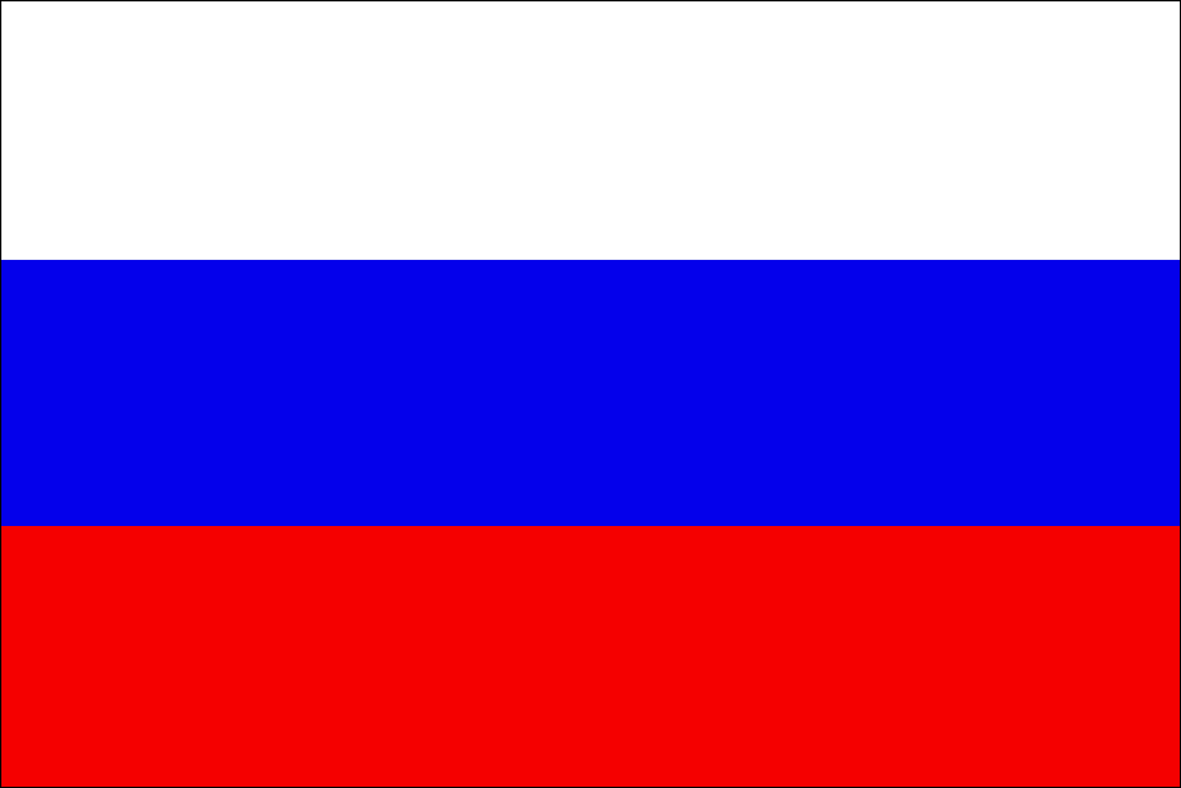

LGBT Rights
and the
Twinning of
Manchester & St. Petersburg
LGBT rights and the Sochi Winter Olympics




Sochi, in Russia won the bid for the 2014 Winter Olympics, the first time it has held the Olympic Games since the collapse of the USSR. However in June 2013, Russia introduced 'anti-LGBT propaganda’ legislation which prohibited the distribution of non traditional relationships to minors. This raised concerns amongst some countries planning to participate in the Games, as it was unknown how homosexual athletes would be treated in Russia. The possibility of a boycott was also debated in some countries as a form of protest against the legislation.
"The practice of sport is a Human Right. Every individual must have the possibility of practising sport, without any discrimination of any kind and with the Olympic Spirit, which requires mutual understanding, with a spirit of friendship, solidarity and fair play. Any form of discrimination with regard to a country or a person on grounds of race, religion, politics, gender or otherwise is incompatible with belonging to the Olympic Movement." – The Olympic Charter
Protesters in London and Madrid days before the Sochi Olympic Games were due to open.
The debate continued up until the Games and was met with protests in some cities across the world; urging Russia to rethink its anti-LGBT legislation and showing support for not only the athletes and visitors heading to Sochi to watch the Winter Olympics, but also for the LGBT communities in Russia.
This video shows 2000 Swedes singing the Russian national anthem whilst singing in Stockholm’s old Olympic stadium under the rainbow flag showing support for LGBT athletes.
Satirical outlook on the Olympics from Canada. "The Winter Olympics have always been a little bit gay".



In Britain, the issue was highly publicised by Stephen Fry, who wrote an open letter to David Cameron, Sebastian Coe and the International Olympic Committee calling for the Olympics to be taken away from Russia because of their legislation against LGBT people. In his letter he accused Russia of “making scapegoats of gay people, just as Hitler did Jews”. The request was rejected by the British government, however a Downing Street statement read that they would be raising their concerns with President Putin and the IOC.
Other than the publicity received by Stephen Fry's protest, the British media remained relatively quiet on the issue of LGBT rights during the Games; with broadcaster’s such as the BBC focusing solely on the events inside the Games rather than the protests happening outside. ‘Gay Mountain’ which was broadcast on Channel 4 in February 2014 was one of the only recognisable protests to be broadcast on British television.
In response to concerns from other countries over Russia’s attitude towards LGBT rights, President Vladimir Putin spoke in January 2014 before the Games began that homosexuals would feel welcome in Russia, yet they must “leave children in peace”. This statement contradicted a previous assurance that the Russian government had given to the IOC, stating that the legislation would not affect those taking part in the Games. The Mayor of Sochi, also made a bizarre claim that no gays lived in Sochi at all (despite the presence of two gay clubs and evidence of a LGBT community in Sochi on a Russian social network). He went on to say that everyone, including gays, were welcome in Sochi, "as long as they do not impose their habits on others."
The anti-gay legislation introduced by Russia divided opinion on whether Britain and other nations should have boycotted the Winter Olympics and if they should have been held there in the first place. On the one hand perhaps nations with a more liberal view towards LGBT rights could have done more to protest against Russia’s treatment of LGBT people, and show of collective force would have brought a great amount of publicity over the issue. Alternatively, if we had of boycotted it would have meant a possible isolation of Russia and abandoning LGBT people. It is in some ways similar to the issue of Manchester’s twinning with St. Petersburg; in that instead of severing ties it would be better continue and show protest through involvement in the Games. In terms of publicity for LGBT rights, a Britain involved in the Games will receive more media coverage than a Britain absent. And by Russia hosting the Olympics it actually cast a spotlight on their LGBT discrimination to a worldwide stage.
